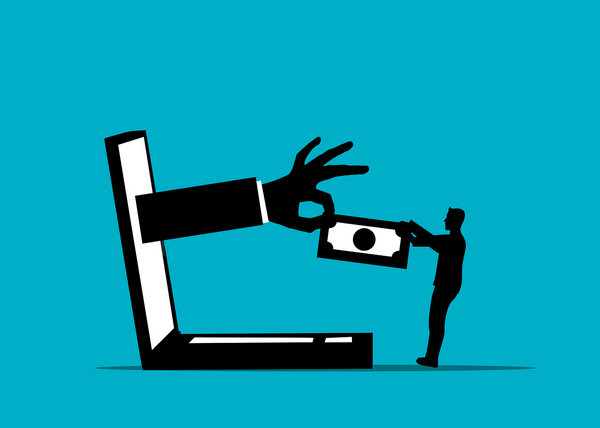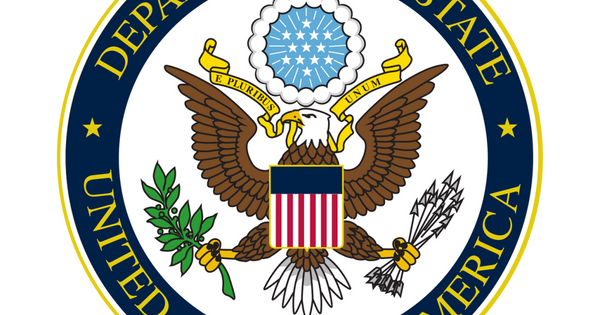Most Dutch cybercrime victims don’t tell the police

One striking result to emerge from the studies and surveys about online fraud and scams in the Netherlands is that too few victims report them to the police.
In 2021, nearly 2.5 million people in the Netherlands aged 15 or older said they had fallen victim to cybercrime.
However, less than half report an online crime, and 1 in 5 contacts the police. Of all victims of online crime, 19% have reported it to the police and 47% percent have reported it to an authority or within their own circle.
Fraud in payment transactions was reported by over three quarters of the victims to an authority (e.g. bank, police, Fraud Help Desk). A quarter of these victims reported to the police. Victims of phishing were most likely to report it, at 55 percent. Hacking was reported least often. (source: Statistics Netherlands).
Where to report the online fraud, depending on the type
You can report all forms of fraud and deception to the police.
Financial fraud and scams
Fraud Help Desk - https://www.fraudehelpdesk.nl/fraudhelpdesk-the-dutch-national-anti-fraud-hotline/
Police: https://www.politie.nl/onderwerpen/internetoplichting.html
Your bank: Report phishing and smishing to your bank (Veiligbankieren, in Dutch)
Malicious and phishing e-mails, financial, tax fraud and VAT fraud: Tax and Customs Administration
Identity theft: Dutch Identity Fraud Help Desk (CMI, in Dutch)
Extorsion: Confidential hotline for reporting extortion (Vertrouwenslijn, in Dutch)
Take control of your data to prevent future incidents
If cybercriminals managed to get to you once, it means there is a weak link in your digital protection. A basic online safety plan should include, on top of a capable antivirus, the following:
For strong passwords: Bitdefender Password Manager
Weak passwords are open doors to your online accounts. You have two options: create strong, unique passwords and memorize them, or use a Password Manager that generates unhackable passwords and stores them for you. In either case, strong passwords and multi–factor authentication are the basis of a safe account.
For secure, anonymous browsing: Bitdefender VPN
Encrypting your traffic adds the extra protection you need when connecting to public WiFi. The best thing about using a VPN is that encrypting and redirecting your traffic keeps your online identity and activities safe from hackers and snoops.
For alerts to breaches and exposure of personal information - Digital Identity Protection
Digital Identity Protection lets you know when your personal information is exposed on the web. To prevent digital identity theft, find out where your personal data landed and whether it can be used again to harm you.
For example, is your leaked password on the internet? Are your credit card details for sale on the Dark Web? How large is your digital footprint? What happened to your data, and what can you do to minimize risks?
Find out now!
You can get any of these solutions separately or as a bundle. Check out our complete security solutions for your devices, digital identity and privacy.
tags
Author
Cristina is a freelance writer and a mother of two living in Denmark. Her 15 years experience in communication includes developing content for tv, online, mobile apps, and a chatbot.
View all postsRight now Top posts
Start Cyber Resilience and Don’t Be an April Fool This Spring and Beyond
April 01, 2024
Spam trends of the week: Cybercrooks phish for QuickBooks, American Express and banking accounts
November 28, 2023
FOLLOW US ON SOCIAL MEDIA
You might also like
Bookmarks








